Panpsychism: Journals & Articles
Further resources, if available, can be found in our full bibliography.
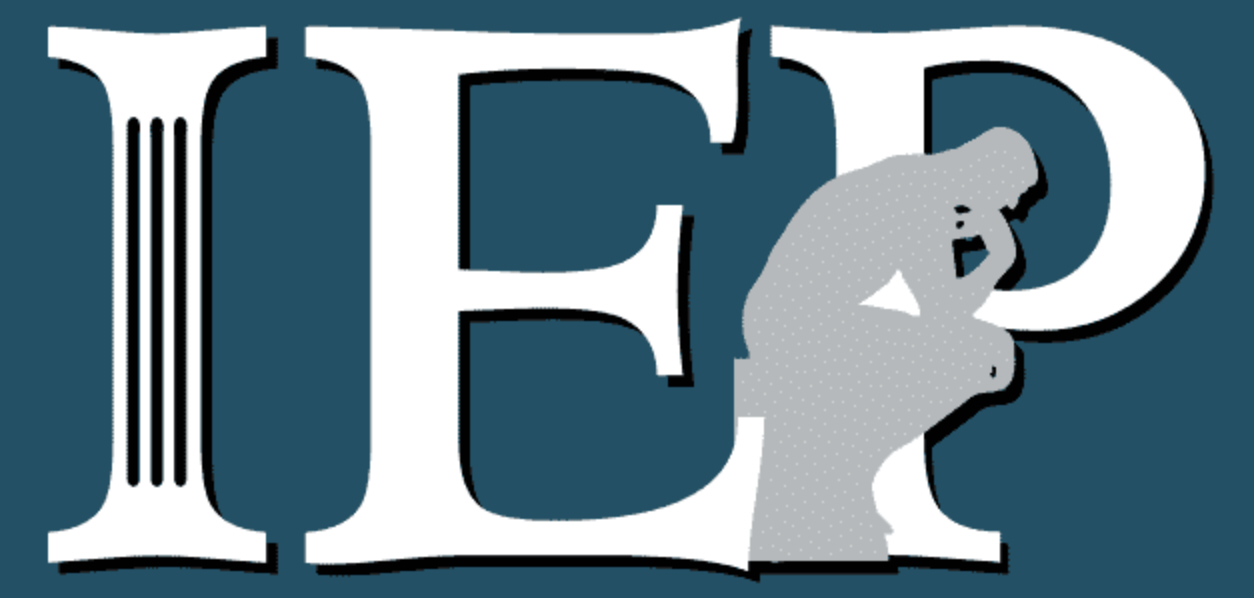
Encyclopedic entry on panpsychism containing many bibliographic sources for reference.
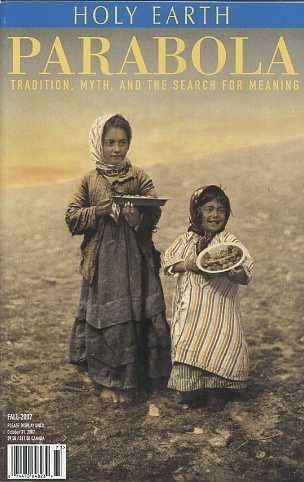
In this essay, Everett Gendler explores the roots of panpsychism in the Hebrew scriptures to suggest that the Universe may possess an intrinsic consciousness or sentience. For Gendler, this view of material reality as alive carries important ethical implications, recalling Martin Buber’s concept of an I-Thou relationship, which emphasizes a deep reverence between humans and the natural world.
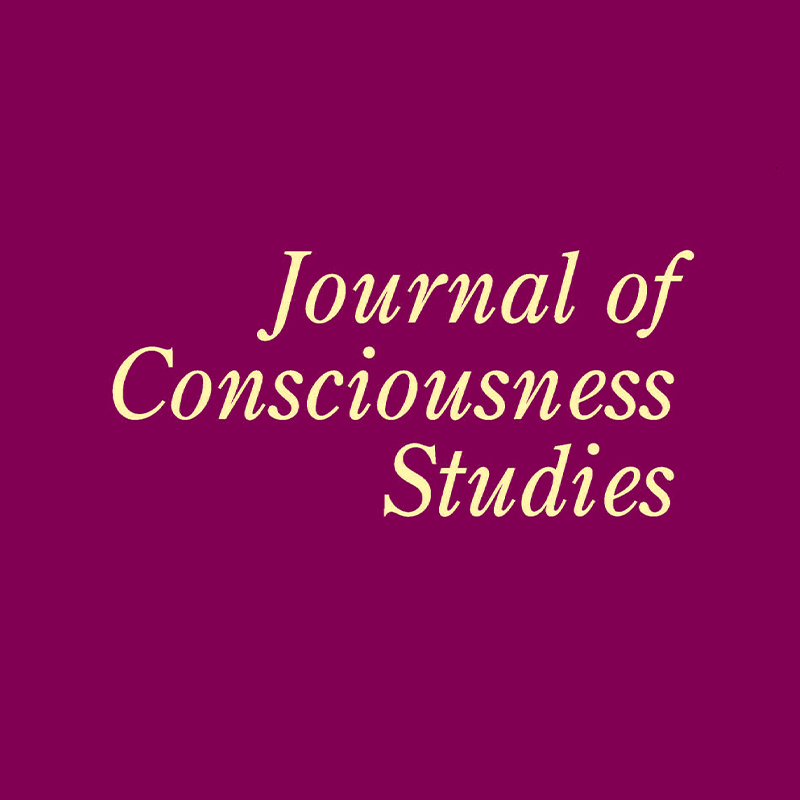
"Panpsychism as an Underlying Theme in Western Philosophy"
David Skrbina
Panpsychism is the view that all things have a mind, or a mind-like quality. Contrary to the common view that panpsychism is a fringe or ‘absurd’ theory of mind, it in fact has a long and noble tradition within western philosophy. In the forms of animism and polytheism, panpsychism was the dominant view for most if not all of the pre-historical era. In the early years of western thought it was widely accepted though not often explicitly argued for. The emergence of Aristotelian philosophy and Christian theology subverted it for a number of centuries, but it made a comeback with early Renaissance naturalist philosophers of the sixteenth century. Though still a minority view, it grew steadily in support through the seventeenth and eighteenth centuries, reaching a zenith in the late 1800s and early 1900s. With the advent of logical positivism and linguistic/analytic philosophy, panpsychism was once again driven down to a relatively low status. In the past few years, however, panpsychism has once more become the topic of serious philosophical inquiry.
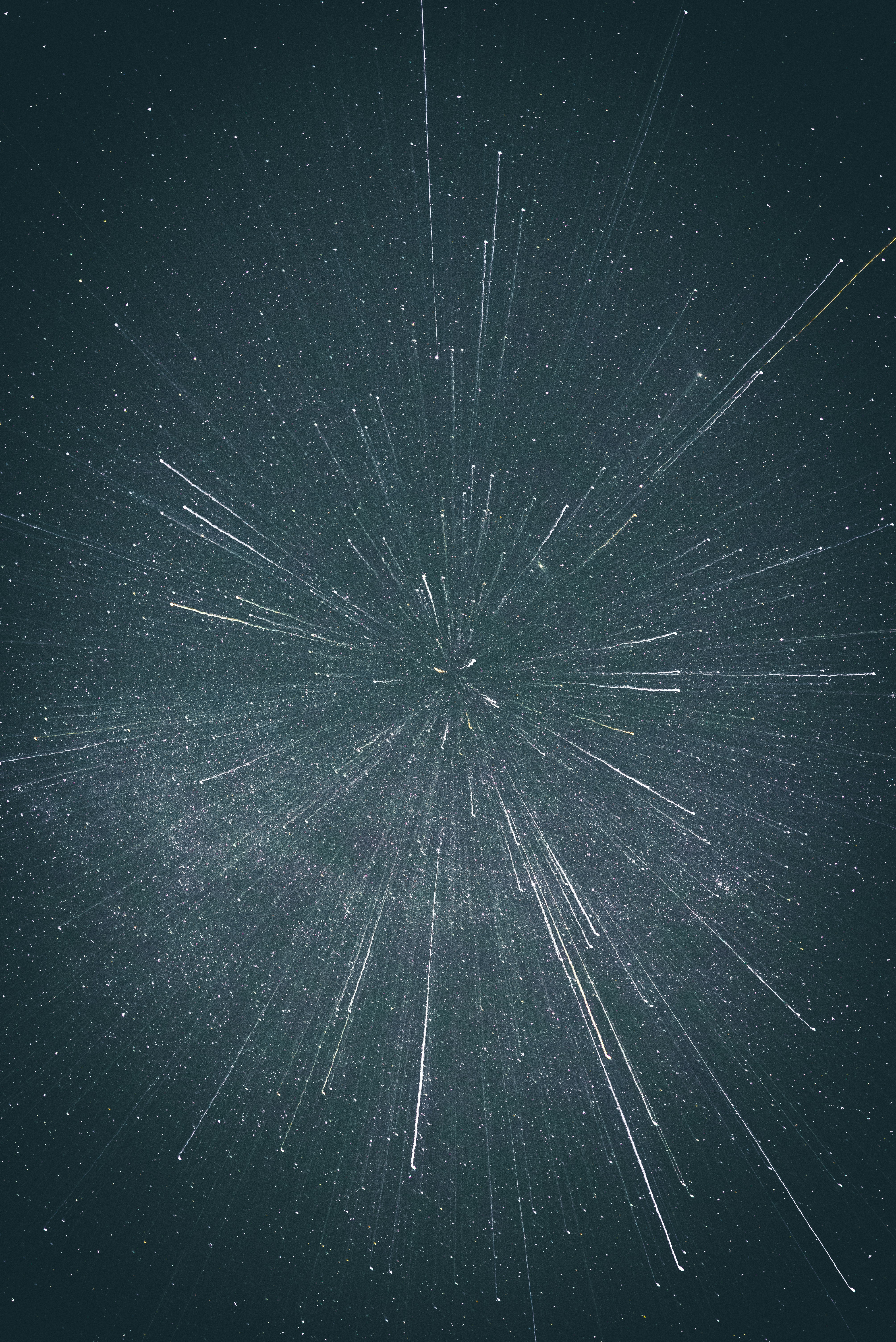
Adam Barrett is Deputy Director of the Sussex Centre for Consciousness Science and researches the neural basis of consciousness. Drawing from this, and his experience of studying fundamental physics, he explains the scientific basis for a certain kind of spirituality, namely one of “panpsychism” plus “eternalism.”
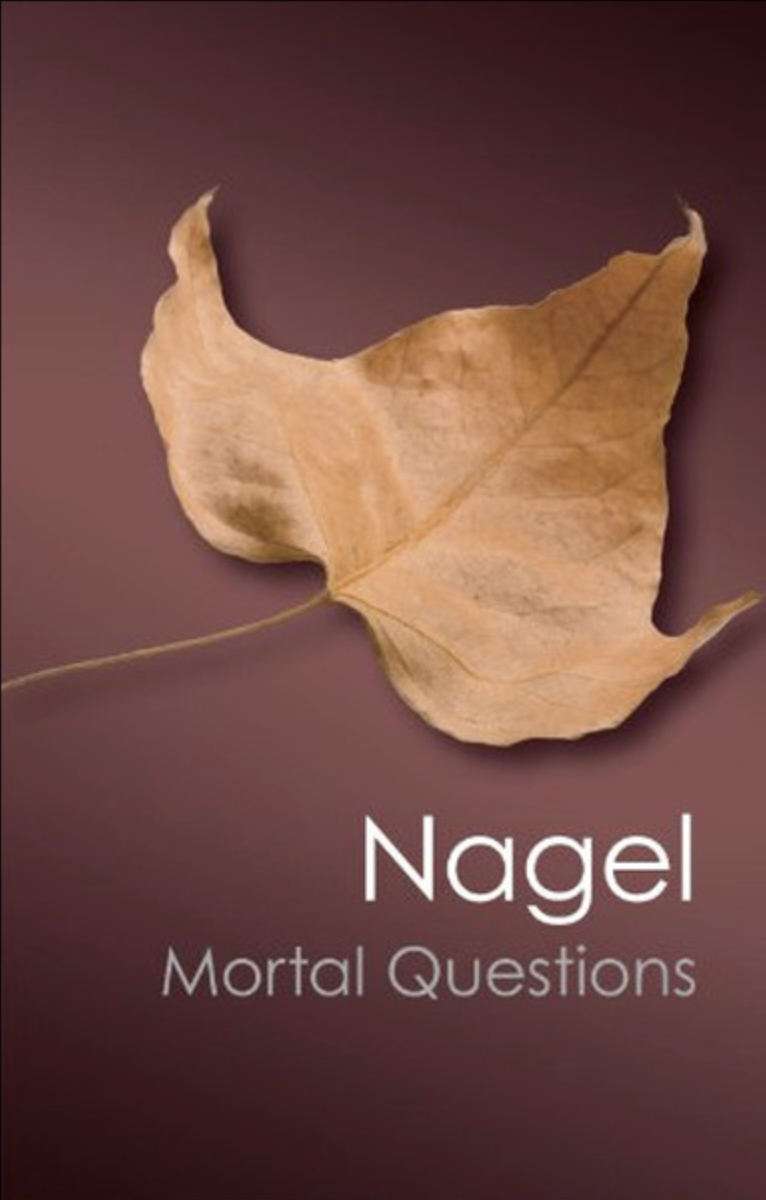
This influential article set into motion the resurgence of thought around panpsychism within the field of philosophy of mind. To quote Nagel’s introduction to the chapter, “By panpsychism I mean the view that the basic physical constituents of the universe have mental properties, whether or not they are parts of living organisms. It appears to follow from a few simple premises, each of which is more plausible than its denial, though not perhaps more plausible than the denial of panpsychism.”
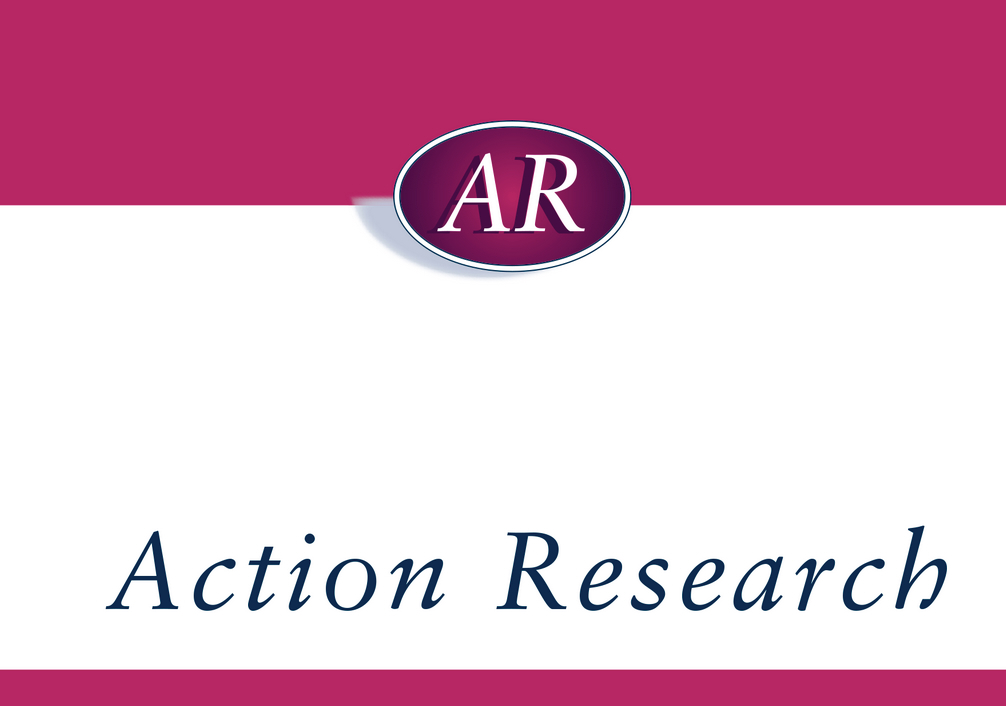
"Extending Co-operative Inquiry Beyond the Human: Ontopoetic Inquiry with Rivers"
Peter Reason
Co-operative inquiry was conceived as an authentic science of humans as self-determining persons. But what if humans extend the definition of persons to include beings in the more-than-human world–and indeed the cosmos itself–as sentient and responsive? This paper gives some account of a series of co-operative inquiries with human and river persons worldwide, drawing on living cosmos panpsychism to address questions of the kind, What would it be like to live in a world of sentient beings rather than inert objects? The paper includes some narratives of encounters with animals who appear at rivers, and reflects on the veracity of claims being made.
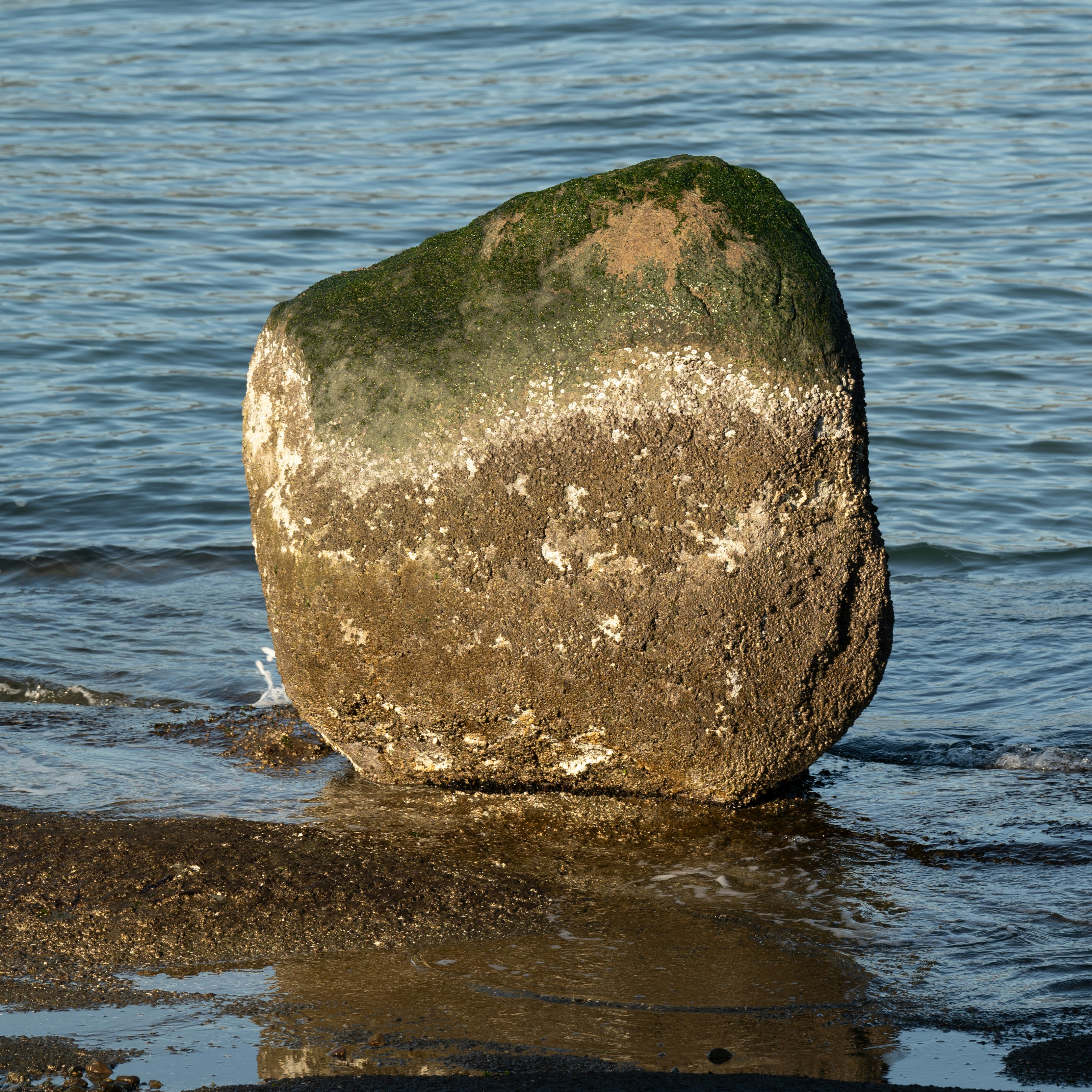
"Realistic Monism: Why Physicalism Entails Panpsychism"
Galen Strawson
This is a classic article in panpsychism studies. This article discusses the following statements: a materialist holds that every concrete phenomenon is wholly physical or material and a realistic materialist is a full-fledged realist about consciousness. Therefore it follows that a realistic materialist must hold that consciousness is a wholly physical phenomenon, and that at least some arrangements of matter are conscious or constitute consciousness.
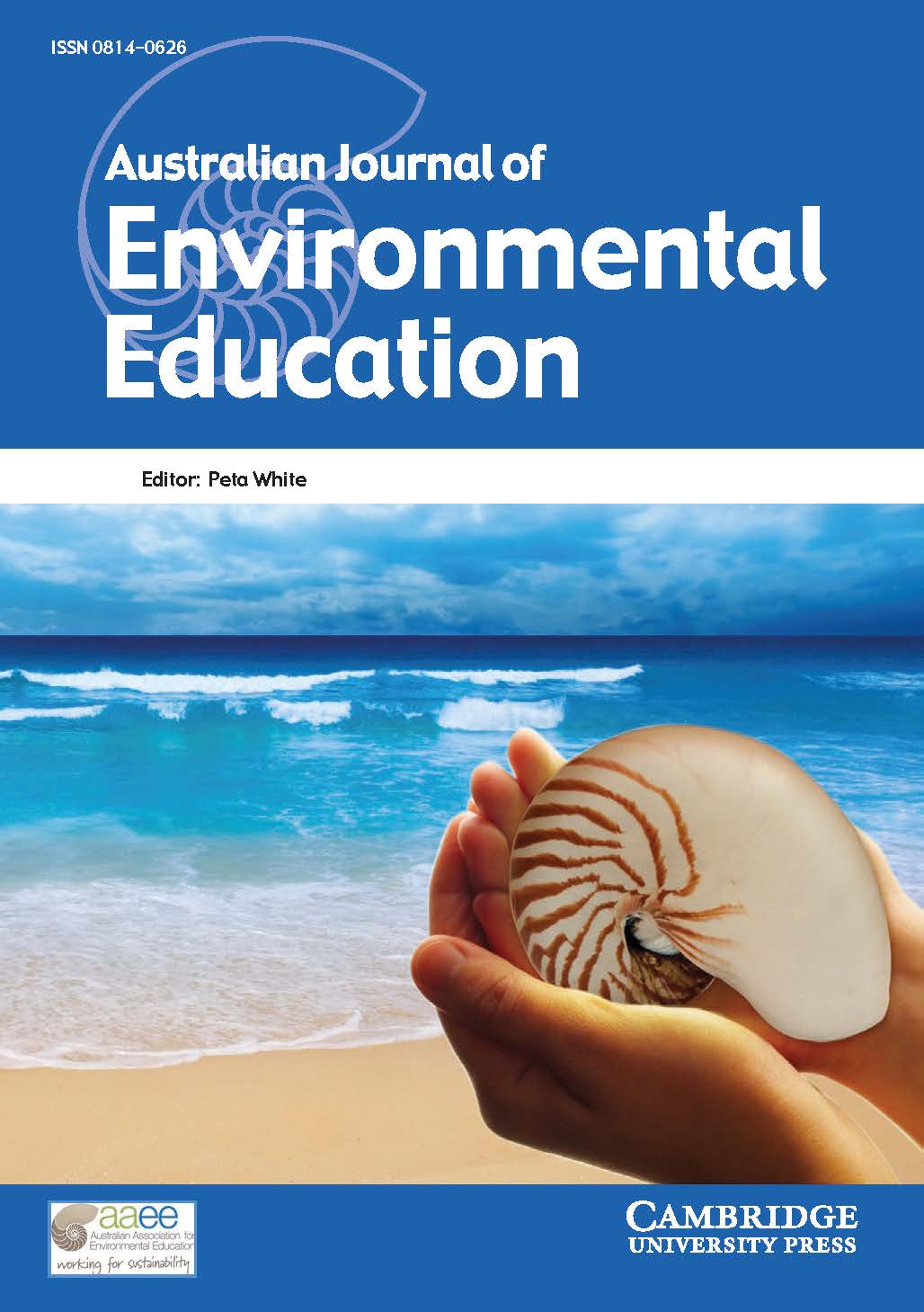
"The Teachings of Mistle Thrush and Kingfisher"
Peter Reason, Sarah Gillespie
What would it be like to learn to live in and experience a world of sentient beings rather than inert objects? How can humans learn to awarely participate in a world of communication and interaction, in which trees, crows and rivers may grace them with a response to attention and call? How do humans learn not just to know this intellectually but “proved upon our pulses,” as John Keats put it. As an artist and a writer, the authors reflect on the contribution their practices can have to the current ecological crisis, drawing on living cosmos panpsychism and examples from their practice.

"Panpsychism"
Philip Goff, William Seager, Sean Allen-Hermanson
Edward N. Zalta
Authoritative encyclopedic entry on panpsychism, featuring an extensive bibliography within the article.
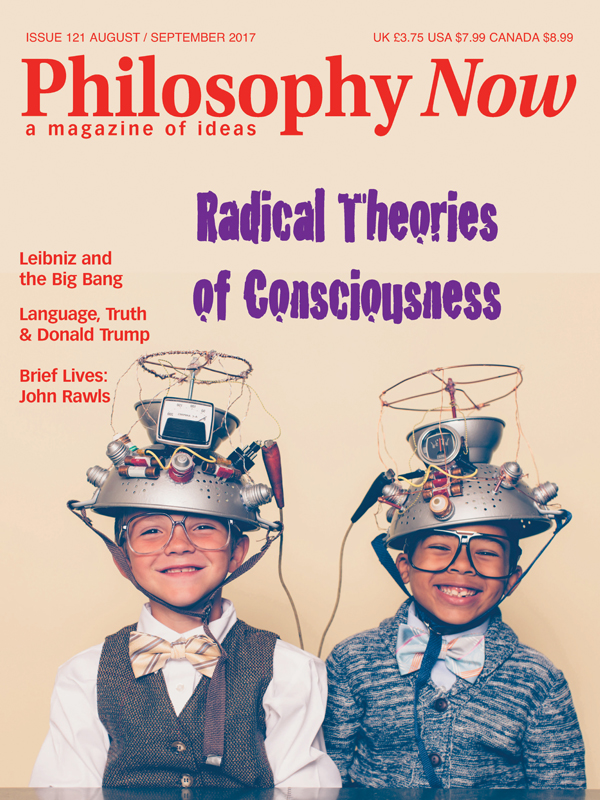
Introductory article on panpsychism for the general audience. It was developed from a piece in The Blackwell Companion to Consciousness.
Photo Credit: Forest floor, Brisbane, Australia; Craig Strahorn/Unsplash